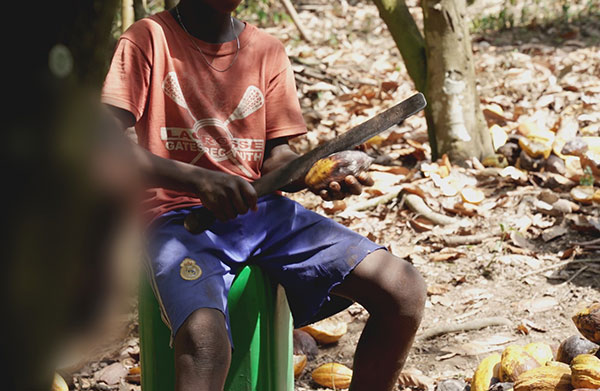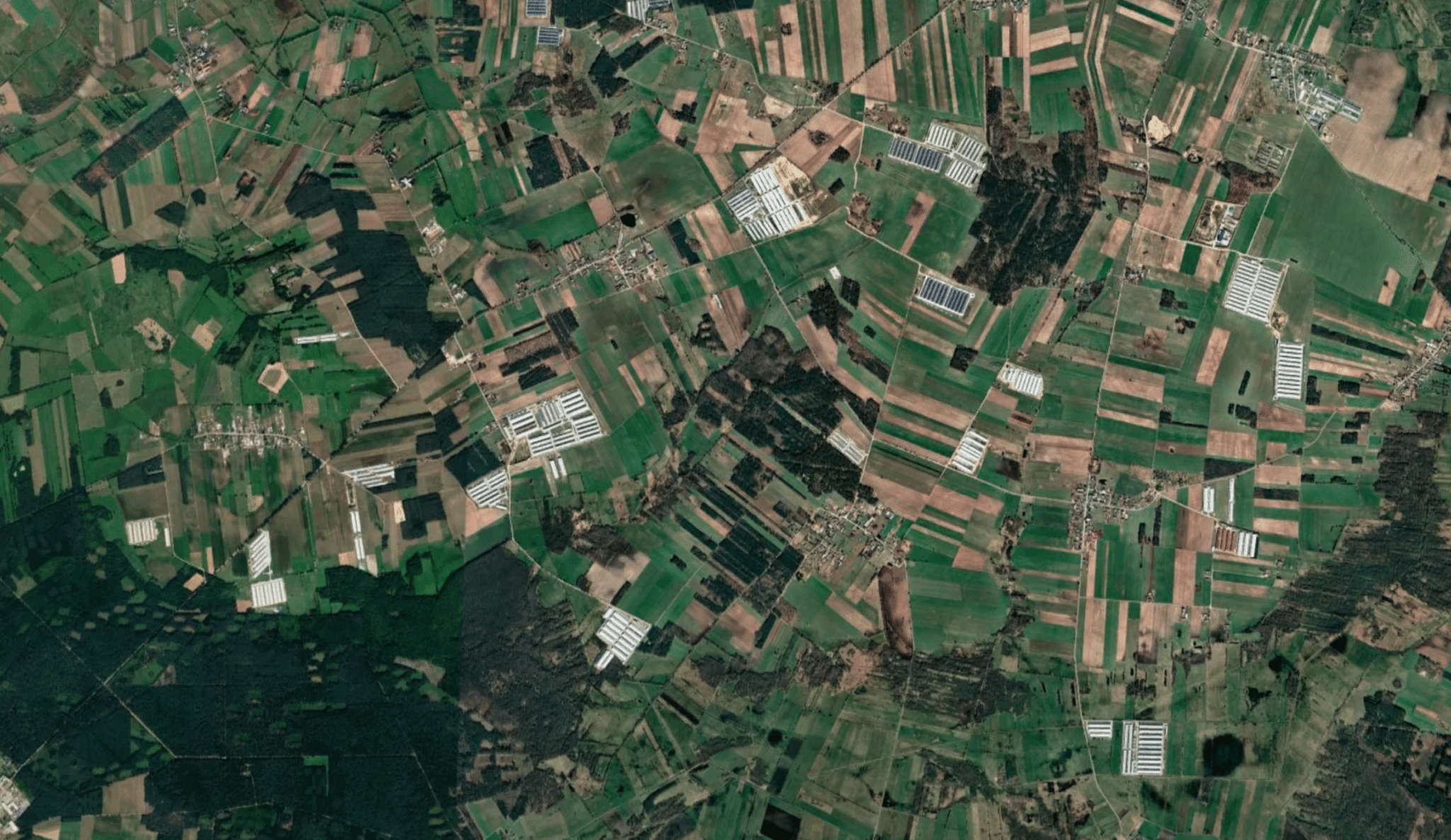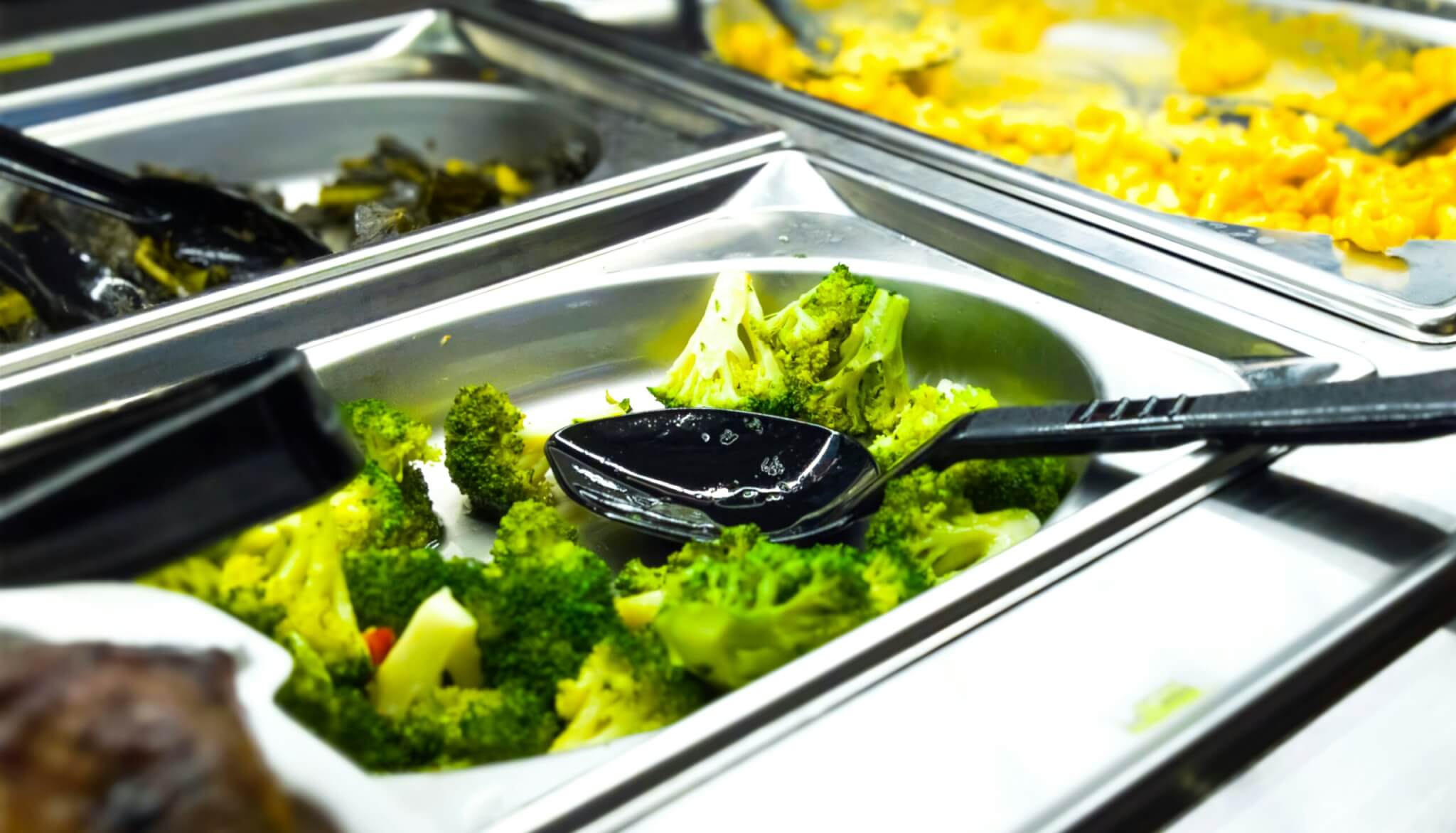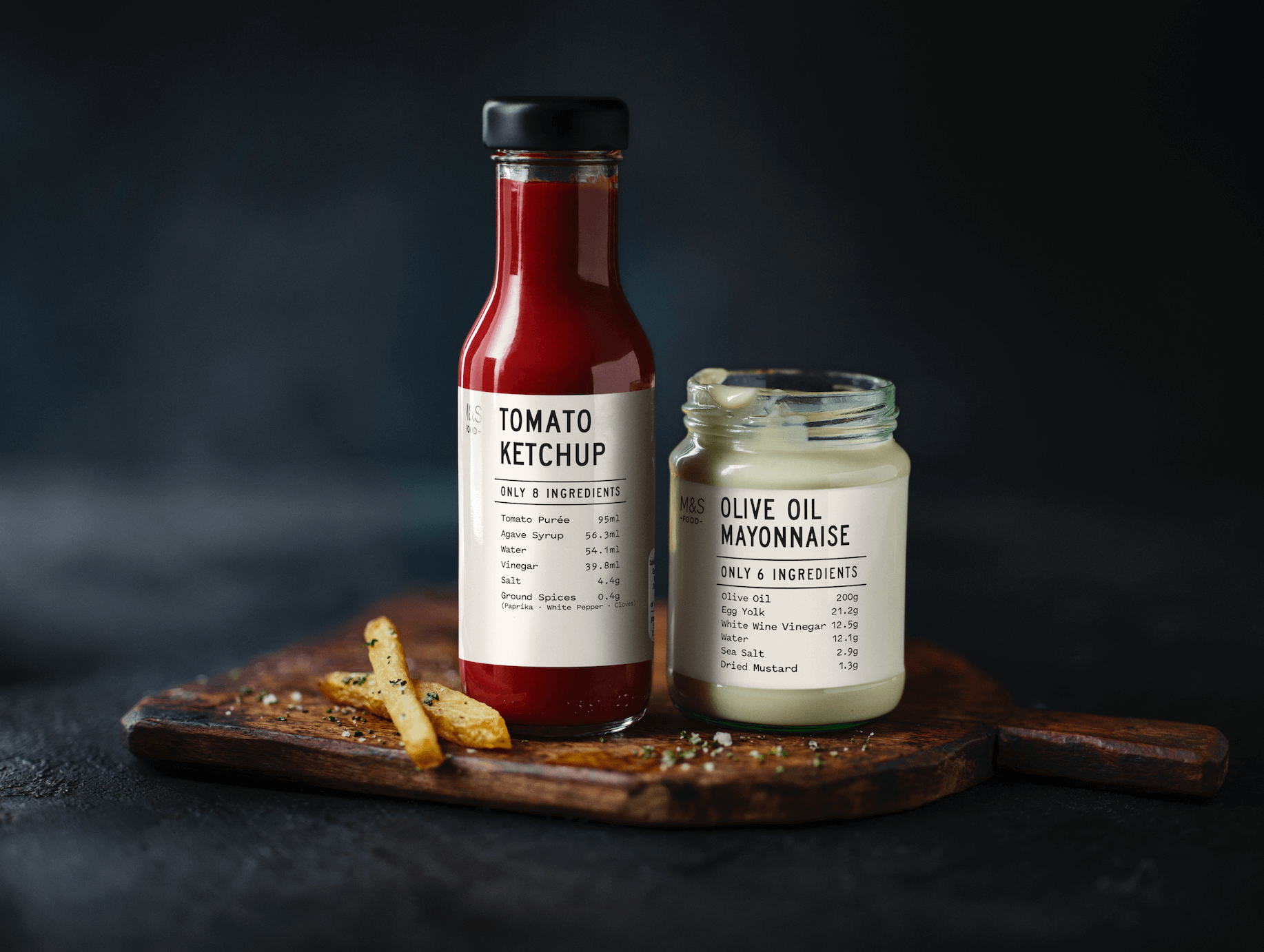A new TV investigation has revealed children are working on farms supplying cocoa beans to chocolate giant Cadbury just as shoppers gear up for Easter.
The Channel 4 Dispatches programme Cadbury Exposed, which aired on Monday evening (4 April), went undercover to farms in Ghana, where they found farmers earning less than £2 a day and using children as workers.
They also found evidence of children being injured while using long machetes and undertaking “hazardous” work that is supposed to be banned in Ghana.
The farms supply Cadbury’s Cocoa Life programme, the brand’s in-house sustainability scheme which it uses instead of independent certifications like Fairtrade to reassure consumers its chocolate comes from ethical sources.
The Cocoa Life’s green logo is used on nearly all Cadbury chocolate including Easter favourites like Creme Eggs, and is promoted by Cadbury owner and US food giant, Mondelez International. On its website, it promotes a wide range of sustainability initiative including “caring for cocoa communities so children have access to education”.
Child labour is a sensitive subject in Ghana and its laws ban children under 13 working on farms and prohibit anybody under 18 doing so-called “hazardous work”.
As a result, many people linked to the industry are unwilling to talk openly about the problem, which the chocolate industry pledged to tackle more than 20 years ago.
Dispatches reporter Antony Barnett heard from Cocoa Life farmers working long hours for low pay, and spoke to children missed school during the harvest or never went at all.

He heard from two daughters of one Cocoa Life farmer who had both been badly injured on the farm – one of the girls had sliced her foot open whilst using a long machete and her 10-year-old sister had been bitten by a poisonous snake.
As well as using long machetes to do weeding on the plantations, children were filmed using sharp knives to open cocoa pods and plucking the pods from overhead using knives tied to long sticks while wearing no protective clothing.
Cocoa Life farmers earn less than £2 a day meaning they cannot afford to hire adult workers and have to rely on children, the Dispatches programme found.
According to Dispatches, for a typical bar of milk chocolate costing £1:
– 29p will go to the retailer
– 12p will go in taxes
– 38p will cover the cost of manufacturing and distribution
– Manufacturers’ profit is 10p
– Leaving the farmer with just 11p to cover cultivation costs and local taxes
Ayn Riggs, the founder of campaigning organisation Slave Free Chocolate, said: “The part which really enrages me is these chocolate companies promise to clean this up over 20 years ago.
“If they really wanted to stamp out child labour, there’s an easy first step that they haven’t done yet, which is paying the farmers a lot more for their beans. Mondelez made last year, made over $4 billion in profit, so the money is there. But on the farms, these farmers can’t afford to replace their children with an adult labourer.”
Riggs also called on British consumers to send a message by boycotting the brand. “If we choose not to buy Cadbury products, that message will go straight to the CEO of Mondelez. And that in turn, will force them to rethink their policies and begin to treat these farmers properly,” she said.
Chief executive of Mondelez, Dirk Van de Put, declined to be interviewed on the programme, but the company issued a statement that said: “We are deeply concerned by the incidents documented in Dispatches.
“We explicitly prohibit child labour in our operations and have been making significant efforts through our Cocoa Life programme to improve the protection of children in the communities where we source cocoa We strongly refute any allegation that Mondelez benefits from child labour, which we have relentlessly taken a stand against.”
The episode is now available to watch on catch up.













I think the Heirloom Cacao Preservation Fund supports/recognizes the farmers directly and works to ensure the original cacao beans are preserved. List of sellers on their website might be a good place to start: https://www.hcpcacao.org but visiting the farms and tasting the chocolate during the process is a wonderful experience.
Thanks for sharing – you may love our roundup of ethical Easter chocolate too with some great UK companies that sell Fairtrade choc https://wickedleeks.riverford.co.uk/lifestyle/fairtrade-organics-plastic/how-have-ethical-easter